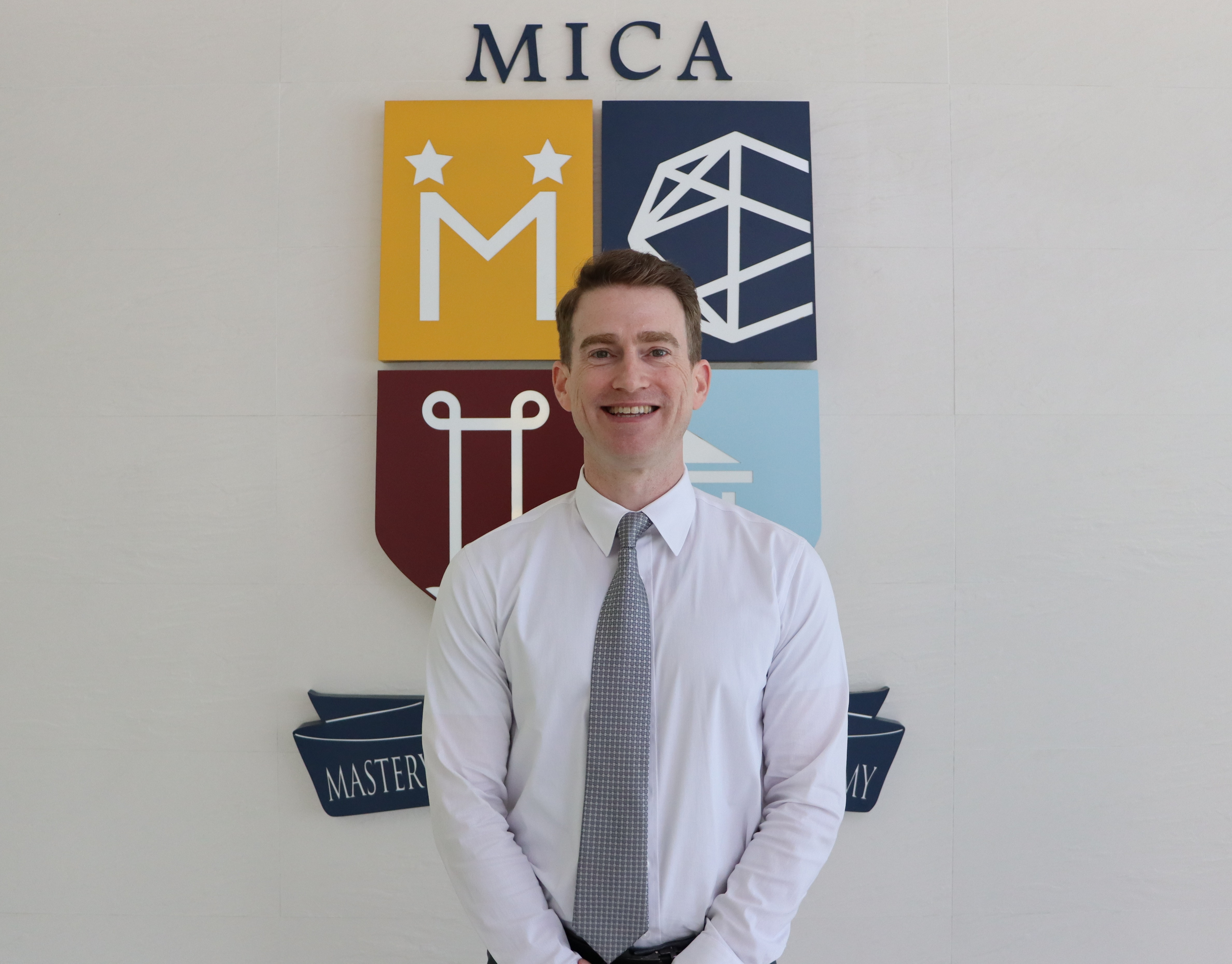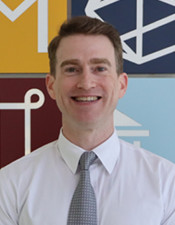
Q&A with MICA's Dean of Students
Hello, my name is Daniel Meyer, the Dean of Students at MICA International Scholars. I’m excited to share more about MICA with prospective teachers. 1. How does MICA’s secondary curriculum meet global standards for university entrance? MICA’s Secondary curriculum is built around the Advanced Placement (AP) program, providing students with a rigorous academic foundation that meets international university entrance standards. Our curriculum is designed not only to prepare students for college admissions, but also to cultivate leadership, critical thinking, and well-rounded personal development. We emphasize inquiry-based learning, interdisciplinary connections, and the development of global competencies, ensuring students are equipped for success in universities around the world. Additionally, our guidance team works closely with students to navigate admissions processes, aligning coursework and extracurricular opportunities with their higher education goals. 2. How are teachers helped and trained to grow as teachers within the secondary curriculum? What kind of teacher support does the school offer? MICA prioritizes continuous teacher growth through structured mentoring, professional development workshops, and in-class coaching. New teachers are paired with experienced mentors who guide them through curriculum implementation and classroom management. We also provide collaborative planning time, regular feedback sessions, and access to the latest educational research to support instructional improvement. Our school fosters a culture of reflective practice, where teachers are encouraged to experiment with new strategies while receiving constructive support. 3. How do you assess and integrate new teaching approaches into the school’s programs? We use a data-driven and research-backed approach to assess and implement new teaching methods. Our process includes: Professional Development: Teachers receive training and resources to implement new approaches effectively. Student Learning Impact: We analyze student performance data, classroom observations, and teacher reflections to assess the effectiveness of new strategies. Ongoing Adaptation: If successful, new approaches are scaled up and integrated into the broader curriculum with continuous refinement. 4. What skills and attributes do you value most in secondary teachers? At MICA, we seek teachers who demonstrate: Passion for Subject and Learning – Deep knowledge in their field and enthusiasm for sharing it with students. Adaptability & Innovation – Willingness to embrace new teaching methods and tailor instruction to diverse learners. Strong Communication & Relationship-Building – Ability to connect with students, parents, and colleagues effectively. Data-Informed Instruction – Using assessments to refine teaching and support student progress. Commitment to Professional Growth – Continuous learning and improvement in their practice. 5. What challenges have teachers encountered at your school, and how has the school addressed them? Like any learning environment, our teachers face challenges such as adapting to diverse student needs, managing workload balance, and keeping up with evolving educational practices. We address these challenges by: Providing structured professional development and collaborative planning time. Maintaining a culture of support and collaboration Encouraging open communication between teachers and leadership to find practical solutions. Implementing a responsive curriculum that allows for differentiation and personalized instruction. 6. What advice do you have for teachers to meet the expectations of students and parents? To successfully meet expectations, we encourage teachers to: Maintain clear communication with parents about student progress and classroom expectations. Foster student engagement through interactive, relevant, and meaningful learning experiences. Use differentiated instruction to accommodate varying learning styles and abilities. Be open to feedback from students, parents, and the school, using it as a tool for improvement. Stay updated with best practices in education to ensure high-quality instruction. 7. What professional development opportunities does the school provide for teachers? MICA offers a range of professional development opportunities, including: Professional Development Weeks – Regular training sessions on the latest educational trends. Peer Observation & Coaching – A collaborative approach where teachers learn from each other. International Certifications – Support for AP and other recognized teaching certifications. Research-Based Training – Focused on literacy, inquiry-based learning, and differentiated instruction. Leadership Pathways – Opportunities for experienced teachers to take on mentorship or leadership roles.
